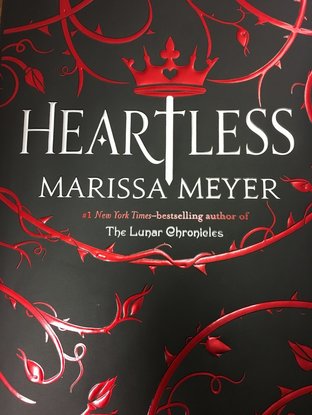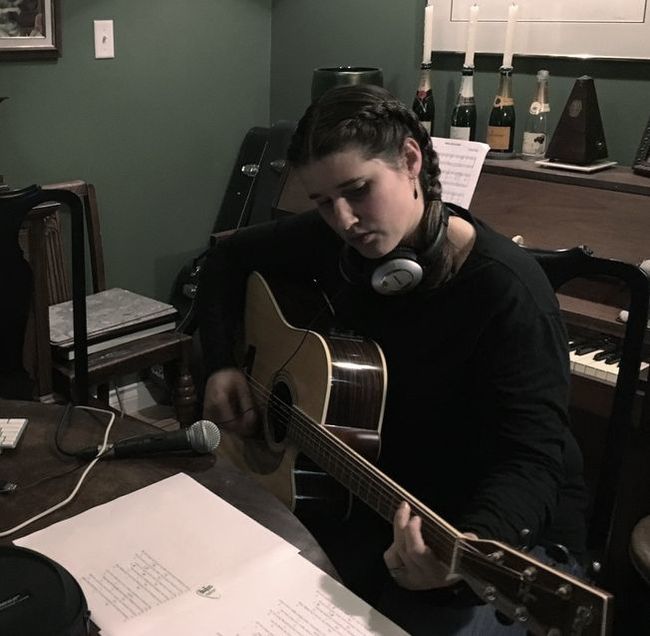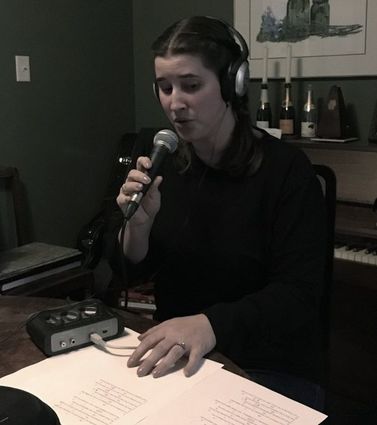|
This week... I have something a little different. It is a song called "The Clearest Lens" (lyrics below). It's about how we see our world and our universe differently through the eyes of those we love. As always, it's for my husband, Patrick. Happy Valentine's Day. Enjoy. The Clearest Lens (Going to the Stars)
Music and Lyrics by: Jane Perrella You tell me that to see the past I only need my eyes Open them to ancient light that soars across the skies You trace the shapes of space and time in one black sweeping arc So grab your coat, turn out the lights, we’ll see better in the dark Let me follow in your footsteps far across the Milky Way Show me nebulas and galaxies invisible by day Your love is the clearest lens that I will ever know If you’re going to the stars, take me with you when you go. When the wonders of galaxies are too far away to see You search the skies with binoculars before giving them to me And when I find that speck of pale light I can hear you say “There’s Andromeda, our neighbour, two million light-years away” Let me follow in your footsteps far across the Milky Way Show me nebulas and galaxies invisible by day Your love is the clearest lens that I will ever know If you’re going to the stars, take me with you when you go. I shivered while you tinkered with our telescope that night, Until you show me where to look and I found in my sight The Orion nebula’s silver stars lighting up the skies The universe is brighter when I see it through your eyes. Let me follow in your footsteps far across the Milky Way Show me nebulas and galaxies invisible by day Your love is the clearest lens that I will ever know If you’re going to the stars, take me with you when you go.
0 Comments
I won’t deny that in thinking of content for this blog, my mind wanders to the maelstrom that is the current political climate. I could say that I have made a conscience choice not to add my own noise to this political tempest – that would even be partially true. But it would truer still to say that every post I have made has been political on some level. Education, science, technology, reading and writing: these are all political acts, and always have been. Nowhere is this truer than in books.
This week, while following the writing team of James S.A. Corey on Twitter, I saw a tweet in which someone – apparently a fan – urged Corey in no uncertain terms to stick to writing fiction and leave political criticism alone. This is laughable. The idea that a writer could convey more political upheaval in a 140 character tweet than in six novels is absurd. It would be absurd even if the novels of The Expanse (Corey’s scientifically fabulous space opera) did not demonstrate the empathy and political depth that they do. It also made me laugh, to think of what James Holden of The Expanse would do if he were told not to tweet about politics. I’m thinking he would retweet everything, all in caps. Of course writers can, and probably should, comment on the politics unfolding around us. In a way, though, they almost don’t need to – they have already done so in their books. The books we choose to read, write, and criticize are our voices; that they do not speak directly about current events does not diminish their political significance. My students presented their Classic book projects this week, and had to answer the question “is this book applicable today?” With books including Lowry’s The Giver, Wells’ The War of the Worlds, and Huxley’s Brave New World, the applicability was painfully obvious. Books do not need to feature oppressive dystopian regimes to be acts of politics. They are political acts because they teach us empathy; they teach us how to analyze and understand villainy and corruption, how to forgive those who have done wrong, how to feel compassion for those who have suffered. They teach us to care about people who we have never and will never meet; they are a reminder that when we look out at the world, the stories of strangers are worth hearing. If that is the role of books, then what is the role of writers? We don’t need to blog about current events or create fictional statesmen in order to write politically. There are no statesmen in my novel, The Steel Lady: only 19th century engineers, factory workers, and women. Writing of their struggles not only gives empathy to their fictional lives; it lays bare conflict which the 21st century has not left behind, such as ignorance, fear of progress, and sexism. It would be narcissistic of me to claim that writers are somehow uniquely qualified to give political commentary, but to suggest that they should stay in their fictional worlds is to miss the purpose for which those worlds were created. Books have never been apolitical - why should writers be?  I recently recommended Marissa Meyer’s new book, Heartless, to one of my students, who became as riveted to it as I had been. I asked her what she thought of it as she was reading it, and she called it a “roller-coaster.” Indeed. (Mild spoilers ahead.) Heartless is the origin story of the Queen of Hearts. It’s the story of Catherine in the land of Hearts, and her official courtship with the King of Hearts, as well as her love story with Jest, the dark and dashing court joker. This being Wonderland, there are twists and turns aplenty, and delightful references to the source material from Lewis Carroll. There is so much right about Heartless, from its love story to its whimsical images to the feeling that the entire novel is one breathless night out. Ultimately, though, it remains the story of the creation of a villainess, which sooner or later involves trauma. Watching Catherine’s transformation into the Queen of Hearts is a bit like watching one of Jest’s magic tricks: the clues are all there. You already know the ending, but you don’t see how the trick is done, because you’re too caught up in the flourishes. You’re not really looking. Or at least, I certainly wasn’t. I was far too caught up in walking through the labyrinth of their story to see the shape of the entire thing, and I must insist that this is not the fault of the story. Arguably, it’s one of its strongest traits. It managed to jump an ending on me that I didn’t anticipate, but which was not undeserved. It strikes me after reading Heartless how difficult it is to offer an opinion of a book without its ending, when that is what decides our satisfaction with our reading experience. Was it, to put it simply, worth it? If I’m honest, every time I open a book, I more or less expect a happy ending. Perhaps that’s why the end of Heartless broke my own heart a little. It was good storytelling, but it left me with the sense that there was no way out; for Catherine and Jest, the choices they make seem to be no match for forces like Fate and Chance. And yes, I know, life is rather like that; the good suffer just as much as the bad. In real life there is no ending, just a rolling series of unfair and unrelated events. I enjoyed Heartless, and would still recommend it on the grounds that it makes much of its material. I will add, though, that if you like your heroes and princesses to be more-or-less intact by the end of the novel, I would go for Marissa Meyer’s Lunar Chronicles instead, starting with Cinder. Less of a roller-coaster, but still a great ride. |
Author
Jane Perrella. Teacher, writer. Expert knitter. Enthusiast of medieval swordplay, tea, Shakespeare, and Batman. Archives
June 2019
Categories |


 RSS Feed
RSS Feed
